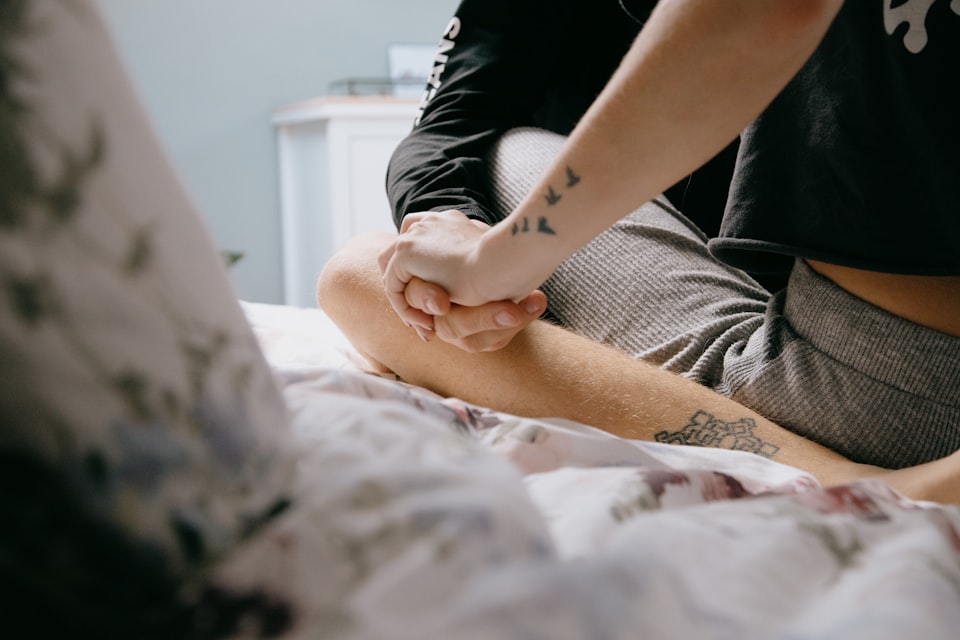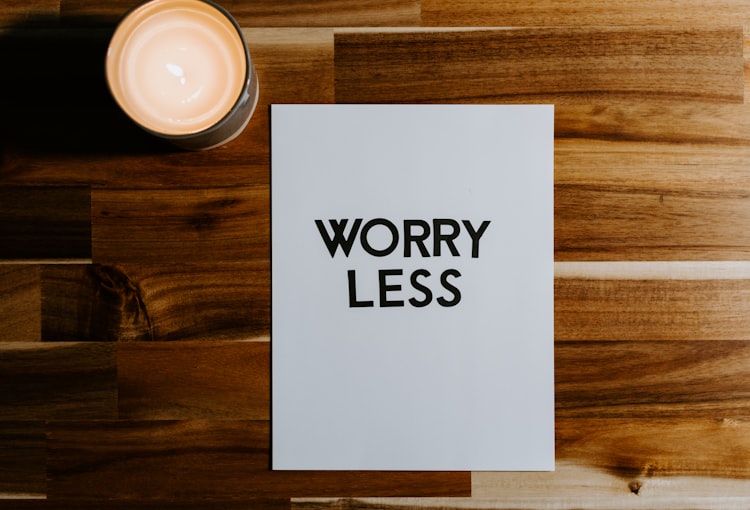What’s Your Conflict Style?
The missing work of attachment styles.
Requests vs. Demands: A Key to Honest Relationships
If requests are for truth, and demands are for compliance, which one is your behavior really communicating?
How Taking Things Personally Hurts Relationships - and How to Stop
I had to learn to define love differently. I needed to experience a healthy kind of love that doesn't require so much pain.
Understanding and Healing Relationship Anxiety
Relationship anxiety isn't your fault, but a part of relational hygiene is to minimize the need for unnecessary emotional labor. You've got this.
How to Cultivate Healthy Relationships In Your Life
The level of health you experience in your relationships directly correlates with your personal capacity for relational health.





